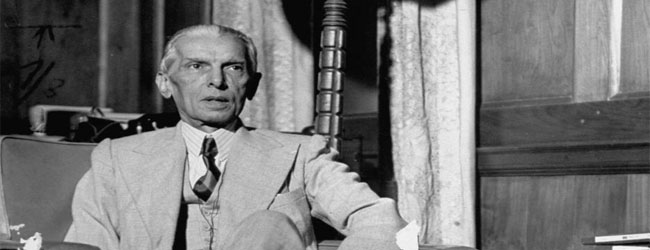Jinnah of India
By Yasser Latif Hamdani[1] Abstract Jinnah’s role as the main leader of the Pakistan Movement 1940 onwards has overshadowed his other numerous contributions to India in the independence struggle and as a mediator between communities. Jinnah, who even in the mid 1930s, was denounced as “more Congress than Congress” on numerous occasions intervened in inter-communal […]

